Islamabad: Continuing its mission to drive digital transformation and sustainable development, Telenor Pakistan has signed a Memorandum of Understanding (MoU) with Zarea Limited to further its commitment to climate-smart and technology-driven agriculture in Pakistan. The collaboration aims to empower farmers through digital access to genuine inputs, sustainable residue management, and transparent trading opportunities, marking another milestone in Telenor’s broader sustainability agenda.
Digital Marketplace to Combat Crop Burning
Through this partnership, farmers will gain access to Zarea’s digital marketplace, allowing them to sell crop residue at fair, market-based prices instead of resorting to open burning—a major contributor to air pollution and soil degradation. This approach aligns with the government’s push for green solutions under the National Climate Resilience Framework, emphasizing the importance of integrating technology with environmental responsibility.
AI-Powered Advisory Platforms for Farmers
In addition, farmers will receive data-driven, region-specific advisories through Telenor’s flagship digital platforms — Khushal Wattan and Khushal Zamindar — which collectively engage over 16 million farmers across Pakistan. These platforms, powered by artificial intelligence and mobile connectivity, enable farmers to make better decisions about irrigation, pest management, and fertilizer use, helping reduce costs and improve yields sustainably.
Leadership Perspective on Responsible Farming
Speaking on the partnership, Ahsan Maykan, Chief Marketing Officer at Telenor Pakistan, said:
“Through this collaboration, Telenor Pakistan is expanding its role beyond providing advisory services to enabling market linkages, supporting environmental responsibility, and enhancing income opportunities for farmers. Together with Zarea, we are promoting responsible, technology-led farming practices that benefit both people and the planet.”
AgriTech Innovation and Strategic Collaborations
This collaboration reinforces Telenor’s position as a catalyst for digital and agricultural transformation. Over the past few years, Telenor has invested heavily in AgriTech innovations and partnerships to promote sustainability in farming. Its collaborations with the Ayub Agricultural Research Institute (AARI), Crop2X, and other AgriTech startups have contributed to the creation of AI-driven tools and machine learning-based solutions that deliver real-time weather updates, soil health analytics, and precision farming advisories to farmers.
Bridging the Digital Divide in Rural Pakistan
The company’s efforts are part of a larger mission to bridge the digital divide between rural and urban Pakistan, where access to reliable data, modern tools, and financial inclusion remains limited. By leveraging mobile technology, Telenor Pakistan continues to connect remote farming communities to critical information and resources that were once inaccessible, empowering them to make informed choices and build resilience against climate change.
Climate Awareness and Pilot Projects
In a series of previous initiatives, Telenor Pakistan has demonstrated its ongoing dedication to digital inclusion and sustainability. Earlier this year, the company launched several climate awareness campaigns focusing on rural communities, aimed at reducing agricultural emissions and promoting renewable energy adoption in the farming sector. Similarly, in collaboration with provincial agricultural departments, Telenor introduced pilot projects on digital soil mapping and carbon-smart agriculture, which helped farmers monitor land fertility and adopt environmentally friendly practices.
Expanding Digital Ecosystem Beyond Agriculture
Furthermore, Telenor Pakistan’s digital ecosystem now extends beyond agriculture. The company’s ongoing investment in 4G and emerging 5G technologies continues to enhance connectivity and enable a broader range of digital services in education, health, and entrepreneurship. These developments reflect the company’s vision of building a “Digital Pakistan”—one where innovation, sustainability, and inclusion go hand in hand.
Strategic Impact on Sustainable Development
Industry analysts view the partnership with Zarea as a strategic move that complements Pakistan’s growing focus on sustainable development and digital economy. By integrating AgriTech with mobile communication networks, both organizations are creating new opportunities for economic empowerment, environmental protection, and social inclusion.
Reducing Agricultural Carbon Footprint
According to experts, such collaborations can play a critical role in reducing Pakistan’s agricultural carbon footprint. The introduction of digital trading platforms for crop residue not only discourages harmful burning practices but also opens up new markets for biomass utilization, organic fertilizers, and clean energy solutions.
Corporate Sustainability and Green Innovation
In addition to its agricultural initiatives, Telenor Pakistan continues to lead in corporate sustainability. The company has consistently been recognized for its efforts in climate action, diversity, and digital inclusion, aligning with the United Nations Sustainable Development Goals (SDGs). Its projects under the “Greenovation” banner are actively promoting energy-efficient infrastructure and carbon reduction across operations.
Connectivity as a Foundation for Growth
By combining technology, innovation, and partnerships, Telenor Pakistan is redefining the role of telecom companies in advancing national development. Its continued investment in digital agriculture reaffirms the company’s belief that connectivity is the foundation for sustainable growth — both for the economy and the environment.
Toward a Greener and Inclusive Future
As Pakistan’s agricultural sector continues to evolve, initiatives like these demonstrate the potential of public-private collaboration in addressing long-standing challenges while paving the way for a greener, smarter, and more inclusive future.
Read more news related to telenor here: https://thepublicpurview.com/?s=telenor
For climate-related stories, visit: The Green Post

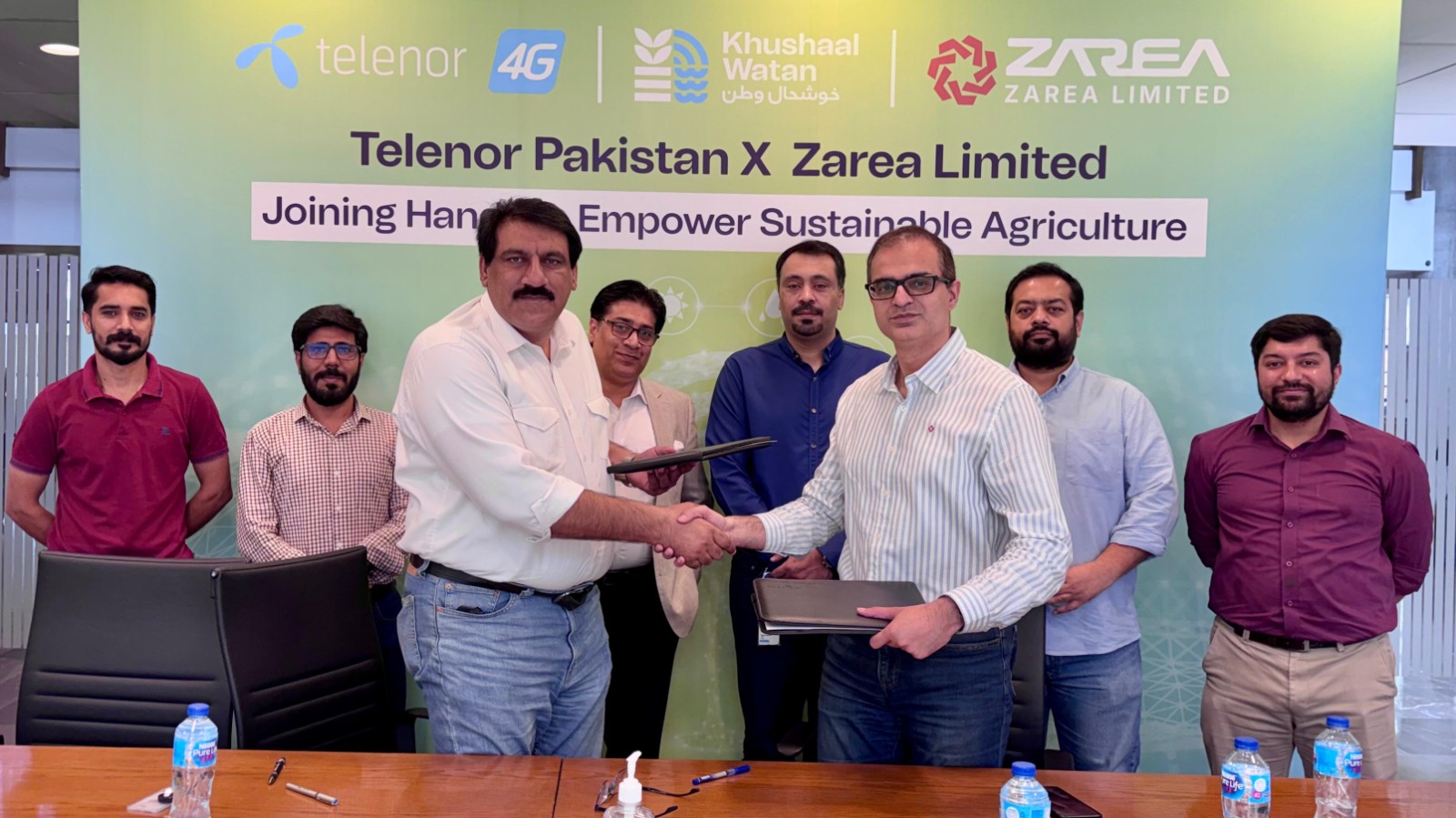

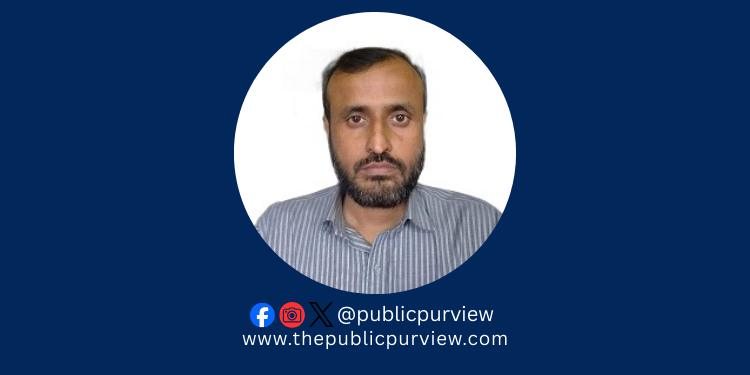
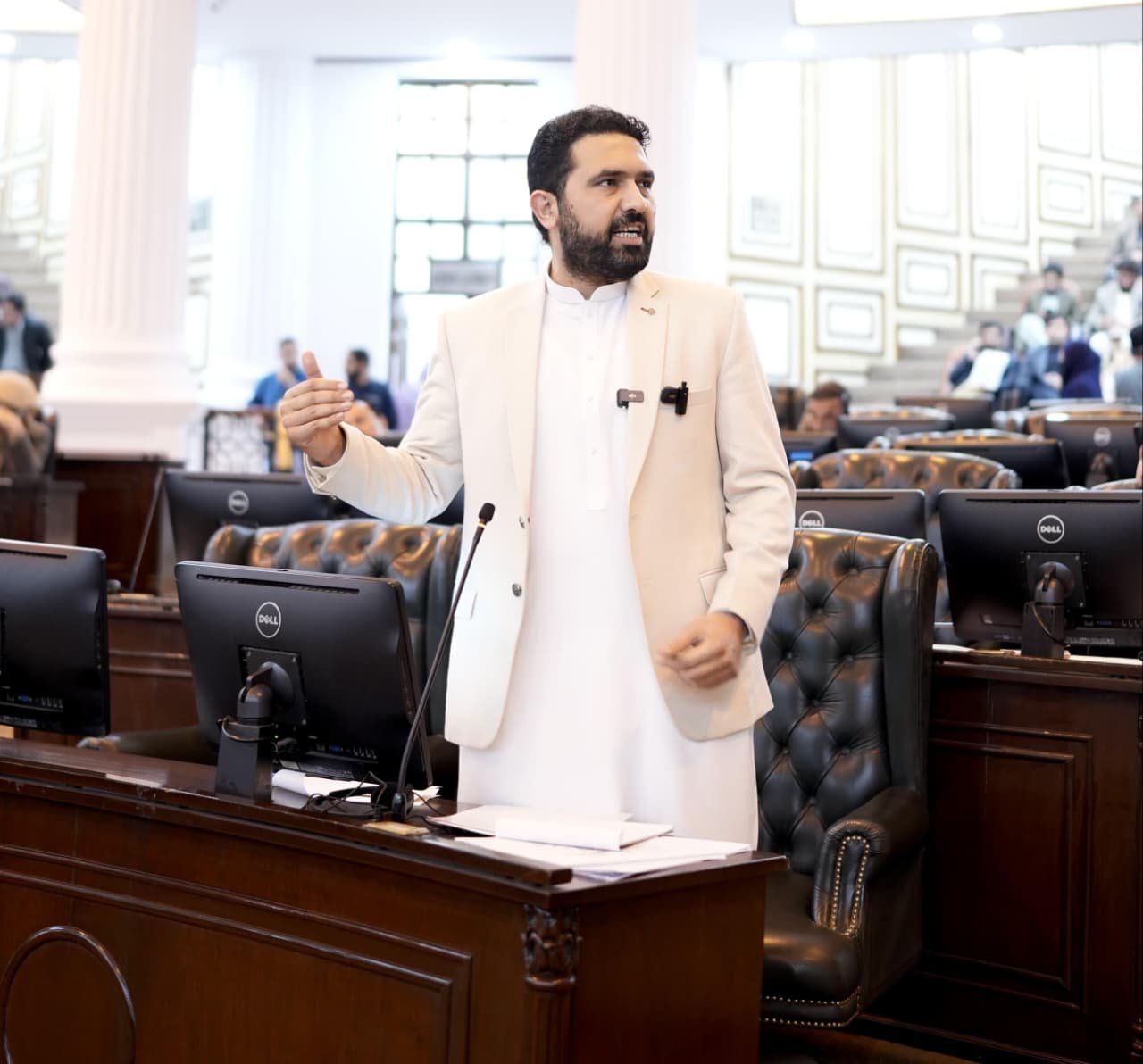
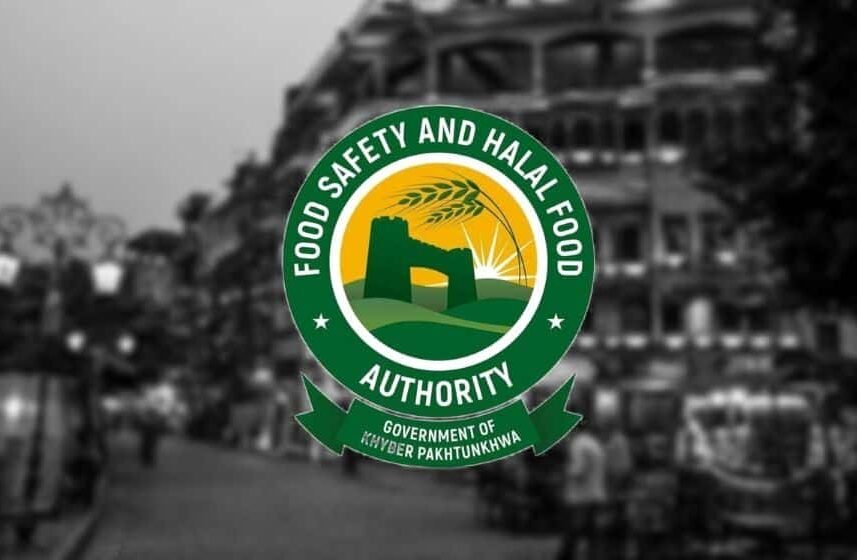

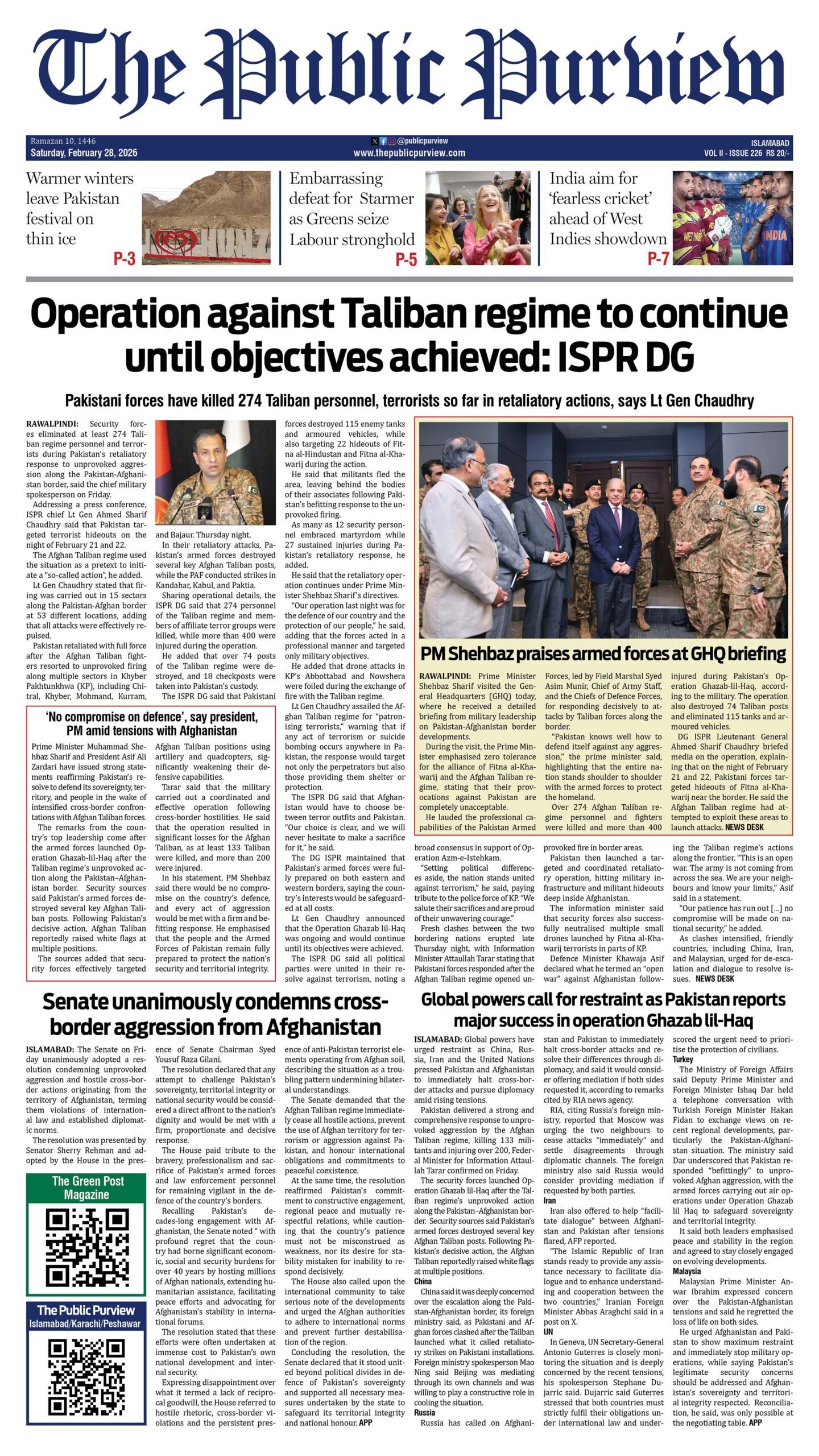 Today's E-Paper
Today's E-Paper